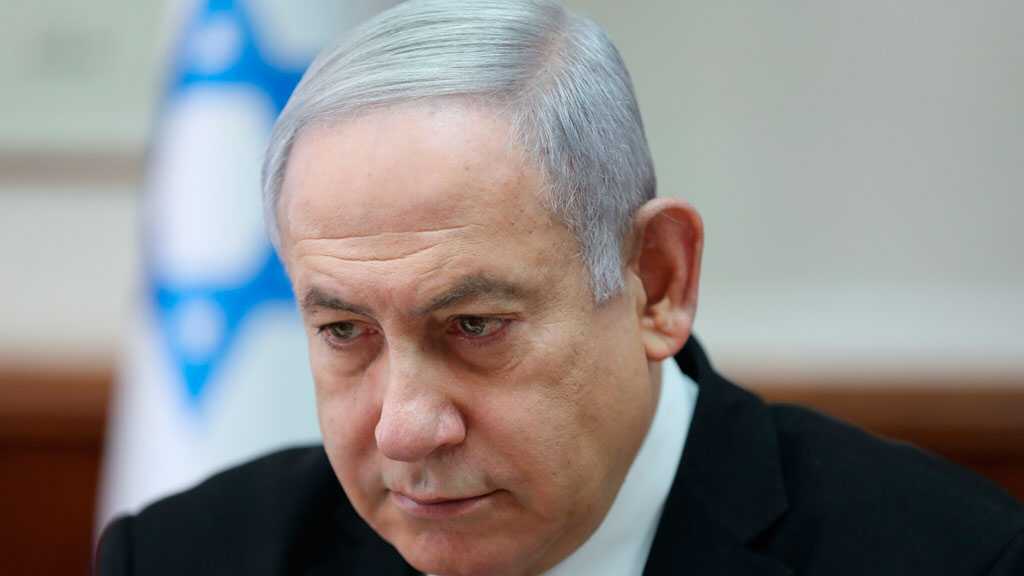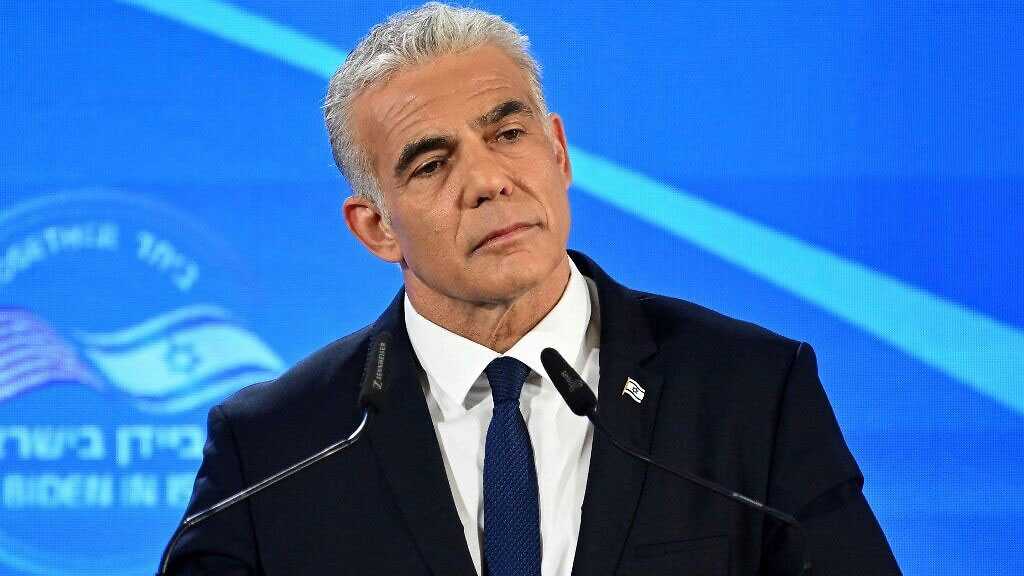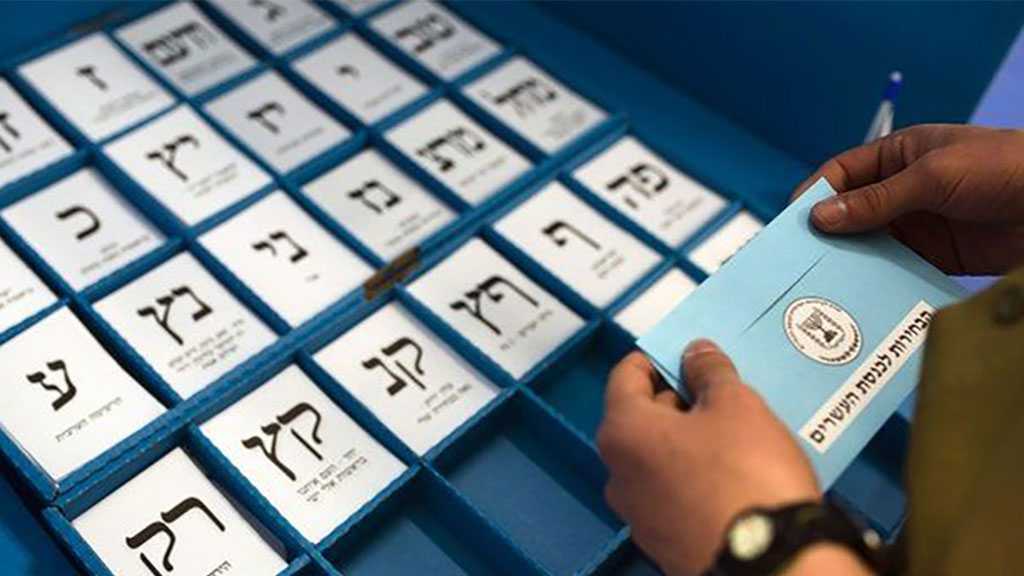‘Israeli’ Elections: Netanyahu’s Likud Support Drops, Deadlock Continues

By Staff, Agencies
Zionist Prime Minister Benjamin Netanyahu’s Likud party is losing some support ahead of the March 23 elections, according to a new television poll published Monday, which forecasted that neither the premier nor his rivals will have a clear path to forming a government.
The poll aired by ‘Israeli’ Channel 13 news predicted Likud would be the largest party if elections were held today, picking up 28 seats. That tally was down from the 36 seats the party has in the outgoing Knesset [parliament] and the 30 seats it received in a poll released by the same network last week.
Relatively, opposition leader Yair Lapid’s centrist Yesh Atid party was predicted to be the second biggest party with 17 seats, followed by former Likud minister Gideon Saar’s New Hope with 13 seats and MK Naftali Bennett’s right-wing Yamina with 11 seats.
Meanwhile, Netanyahu led all other party chiefs in who is best suited to be prime minister, with 34% of respondents saying he is the right man for the job. The premier was followed by Saar with 18%, Lapid with 17% and Bennett with 10%.
Previous surveys have generally predicted political deadlock after the Zionist entity’s election, with no party having a clear path to assembling a majority coalition.
While horse-race polls are an almost daily occurrence in the ‘Israeli’-occupied territories in the months leading up to elections and are not seen as overly reliable, taken together the surveys can often serve as a general gauge of the political climate and where the vote may be headed.
The elections — the fourth in two years — were called after the power-sharing government of Likud and Blue and White failed to agree on a budget by a December 23 deadline.
The election, like the previous three votes, is largely seen as a referendum on Netanyahu’s rule amid his ongoing trial on corruption charges, as well as his government’s varied success battling the pandemic.
Comments
- Related News




